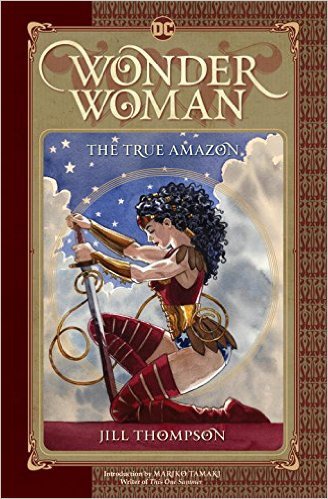Write a new post in response to today’s one-word prompt.
*************
So I’ve been enjoying my home school co-op class. Last semester we studied Shakespeare’s Merchant of Venice. Predictably, some liked it; some loved it; some hated it.
They all, however, had a hard time relating to what was normal in the 1500’s. The language, the attitudes of overt racism, the idea that a father could dictate the terms of his daughter’s marriage in his will; most of all, that it was perfectly legal for one person to demand a pound of flesh from another if a loan went unpaid.

It was fascinating to me that they all thought Shylock, the villain of the piece, was the most interesting and, in some ways, the most sympathetic character. He was a Jew, a money lender who charged outrageous amounts of interest and who took advantage of his customers at every opportunity.
His being a Jew had no negative meaning for us, but in his day, it was both dangerous and problematic. My class had a hard time with the way he was treated, and that part of his penalty for losing the court case was that he was forced to become a Christian.
I related the story to them in plain English when they struggled with the Elizabethan verbiage, and that helped. Still, the main themes were just difficult for these 21st century kids to grasp.
Except for mercy. That, they understood. While some disliked Portia for her overt racism, they admired her obvious intelligence and gutsy behavior in rescuing Antonio, who was the merchant of Venice.
They liked her famous “The quality of mercy is not strained … ” speech, but found it hypocritical that she begged mercy for Antonio but showed none for the Jew.
Do you see why I enjoy this group so much? They had a smart, sometimes heated, discussion on our last day of class. They watched to see if I was going to come down on either side, but I didn’t. I moderated when it got a bit out of hand, but that’s all. I just enjoyed listening to them debate the story, the characters, the attitudes of a time many centuries removed from their own.
In January, we’re taking on Great Expectations by the great Charles Dickens. At least the language of that one isn’t Elizabethan





